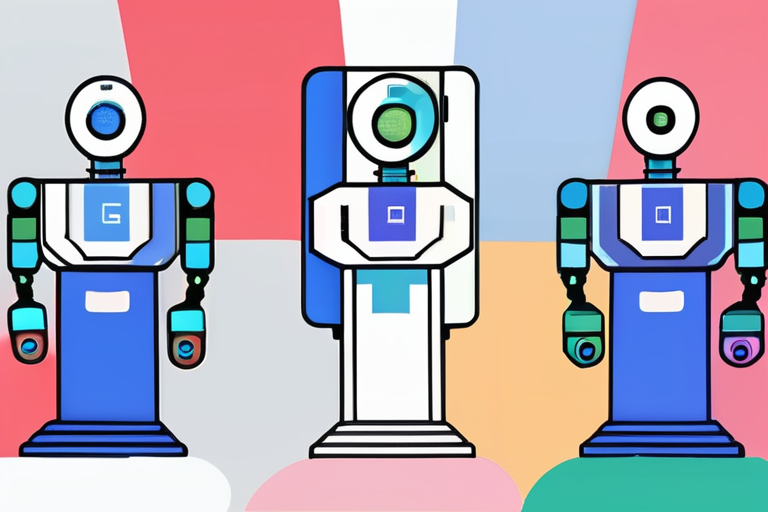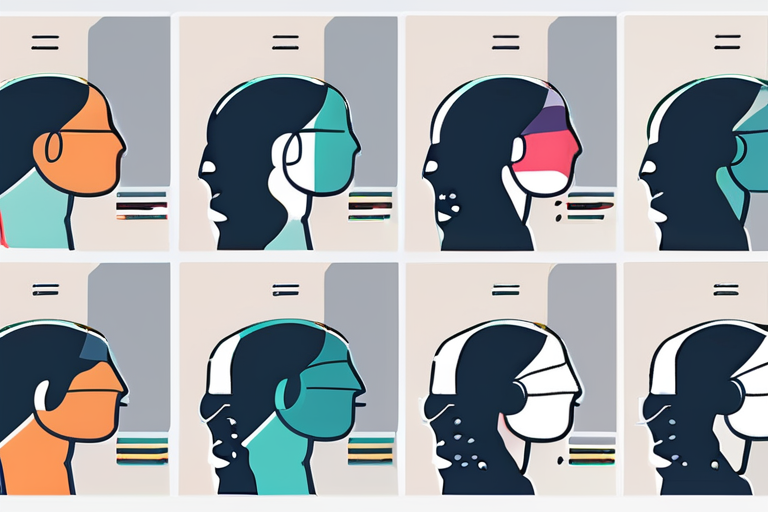Google unveiled Gemini 3, a significant upgrade to its flagship multimodal model, which boasts enhanced reasoning capabilities and more fluid multimodal functionality. The new model, announced by the tech giant, allows users to interact with it in various formats, including voice, text, and images. Unlike its predecessor, Gemini 2.5, which required explicit instructions for output format and defaulted to plain text, Gemini 3 introduces generative interfaces that enable the model to autonomously choose the most suitable output format for a given prompt.
According to Google, Gemini 3's generative interfaces empower the model to create dynamic views and assemble visual layouts on its own, rather than returning a block of text. For instance, when asked for travel recommendations, Gemini 3 may generate a website-like interface within the app, complete with modules, images, and follow-up prompts. This feature allows users to interact with the model in a more intuitive and immersive manner.
"Generative interfaces are a key innovation in Gemini 3," said a Google spokesperson. "They enable our model to reason more effectively and provide users with a more seamless experience. By allowing the model to make its own choices about output format, we're creating a more natural and engaging way for people to interact with AI."
Gemini 3 also introduces the concept of "vibe-codes," which are essentially emotional and contextual cues that the model can pick up on to better understand user intent. This feature is designed to make interactions with the model feel more empathetic and personalized.
The development of Gemini 3 marks a significant milestone in the evolution of AI multimodal models. As AI continues to play an increasingly important role in our lives, the ability to interact with these models in a more natural and intuitive way will become essential.
Google's Gemini 3 is now available for testing and development, with the company planning to integrate the new model into its various products and services in the coming months. As the tech giant continues to push the boundaries of AI research, it will be interesting to see how Gemini 3 is received by users and how it will shape the future of human-AI interaction.
In related news, researchers at Google have been exploring the potential applications of Gemini 3 in areas such as education, healthcare, and customer service. The model's ability to reason and interact in a more natural way is expected to have a significant impact on these industries, enabling more effective and personalized experiences for users.
As the development of Gemini 3 continues, it will be essential to monitor its progress and assess its potential implications for society. With its enhanced reasoning capabilities and generative interfaces, Gemini 3 has the potential to revolutionize the way we interact with AI and each other.



























Share & Engage Share
Share this article